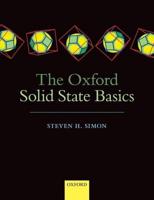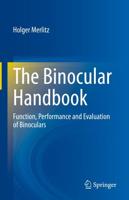Publisher's Synopsis
At present, there is an increasing interest in the prediction of properties of classical and new materials such as substitutional alloys, their surfaces, and metallic or semiconductor multilayers. A detailed understanding based on a thus of the utmost importance for fu- microscopic, parameter-free approach is ture developments in solid state physics and materials science. The interrela- tion between electronic and structural properties at surfaces plays a key role for a microscopic understanding of phenomena as diverse as catalysis, corrosion, chemisorption and crystal growth. Remarkable progress has been made in the past 10-15 years in the understand- ing of behavior of ideal crystals and their surfaces by relating their properties to the underlying electronic structure as determined from the first principles. Similar studies of complex systems like imperfect surfaces, interfaces, and mul- tilayered structures seem to be accessible by now. Conventional band-structure methods, however, are of limited use because they require an excessive number of atoms per elementary cell, and are not able to account fully for e.g. substitu- tional disorder and the true semiinfinite geometry of surfaces. Such problems can be solved more appropriately by Green function techniques and multiple scattering formalism.










